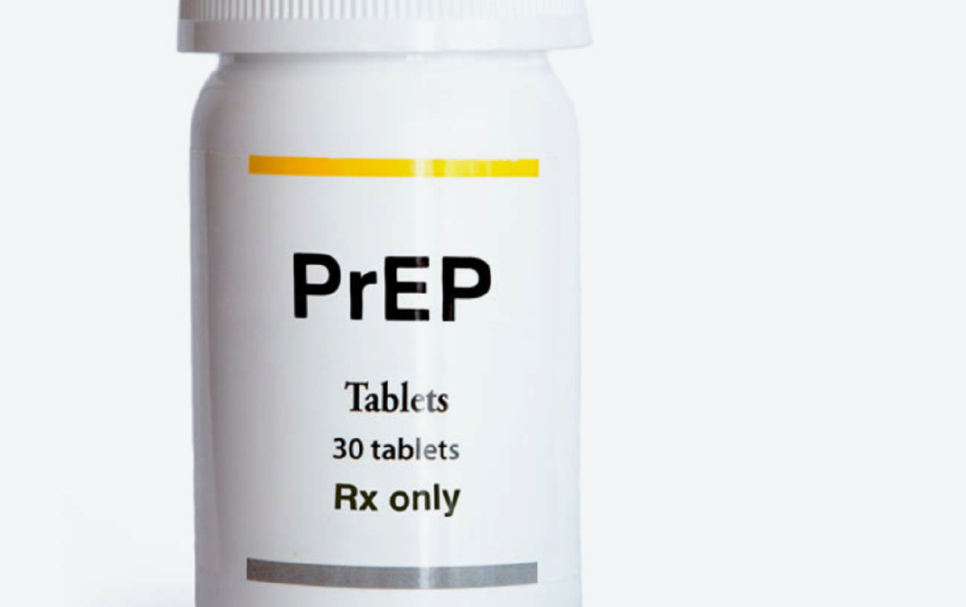Young Namibians share PrEP stories

- Etuhole Amutenja
As Namibia sees rising HIV infections among its youth, some young people are quietly turning to pre-exposure prophylaxis (PrEP) for protection, even as stigma, misinformation and silence around its use persist. Namibia’s HIV prevalence among youth remains high, particularly among adolescent girls and young women.
According to the Joint United Nations Programme on HIV/AIDS (UNAIDS), young women aged 15-24 are more than twice as likely to acquire HIV as their male peers in sub-Saharan Africa. Lukas*, a 25-year-old gay man from Windhoek, says he started taking PrEP earlier last year after losing a friend to AIDS-related illness. “I did not want to live in fear anymore but I also did not want people to assume I am HIV positive just because they saw pills in my bag,” Lukas explained.
He noted that he initially heard about PrEP at a pop-up health stand in Katutura. “The nurse told me that it is like a daily pill that protects you from HIV. I was shocked [as] I never heard of it before. I thought only condoms existed,” he added. Faith*, a 22-year-old student who also uses PrEP, says it gives her a sense of control.
“I am not sexually active all the time, but when I am, I want to feel safe. Still, even some nurses questioned why I would be on it if I have no ‘real reason.’ It is like you are only allowed to protect yourself after something bad happens,” faith retorted. Both say they had to overcome fear, stigma and disapproval, even from healthcare providers, to access PrEP. Their stories reflect broader concerns raised by youth-led groups across the country.
As of late 2024 and early 2025, Namibia reached approximately 93 percent of people living with HIV being aware of their status, 95 percent of diagnosed individuals on treatment and 98–99 percent of those on treatment achieving viral suppression.
However, viral load suppression rates remain lower for youth only around 65.4 percent of HIV positive females aged 15–24 were virally suppressed, compared to over 80 percent among older adults.
Organisations like the Young Feminist Movement (Y-Fem) Namibia say silence and shame continue to drive the spread of HIV among youth. The movement says it has heard of similar experiences from many young people, especially queer youth and young women, who are often judged when trying to access sexual and reproductive health services. “Young women are disproportionately affected by HIV. Even through Y-Fem applauds the positive and innovative advances in bodily autonomy which is contributing to advances such as PrEp, however, currently we are going backwards when it comes to protecting the human rights of women,” said.
Florence /Khaxas, the executive director of Y-Fem. Nsozi Mwazi, a feminist advocate and policy officer at Regain Trust, says the culture of policing young people’s bodies must end. “Young people have a right to protect themselves .Whether it is PrEP, condoms or HIV testing, access should come without shame, questions or judgment. However, we are still fighting stigma from service providers and communities,” Mwazi said.
Mwazi added that while organisations like Namibia Planned Parenthood Association (NAPPA) have tried to fill the gap, barriers remain for youth in rural areas. “If you are in Windhoek, you might manage. But what if you are in Okakarara or Outapi? Youth there do not have safe spaces to learn or ask questions. The government needs to invest in rural youth access.” In response, the Ministry of Health and Social Services said its HIV prevention strategy targets young people with condom distribution, HIV testing, circumcision services and access to PrEP, which was rolled out in 2016.
“The ministry is working with non-governmental organizations (NGOs) and youth networks to promote awareness of PrEP through campaigns such as My Protection, My Choice, and the use of youth ambassadors,” the ministry said. PrEP and testing services are reportedly available at all public health facilities, including rural clinics. The ministry also said it is exploring wider distribution of HIV self-test kits.
- 40 views










Comments